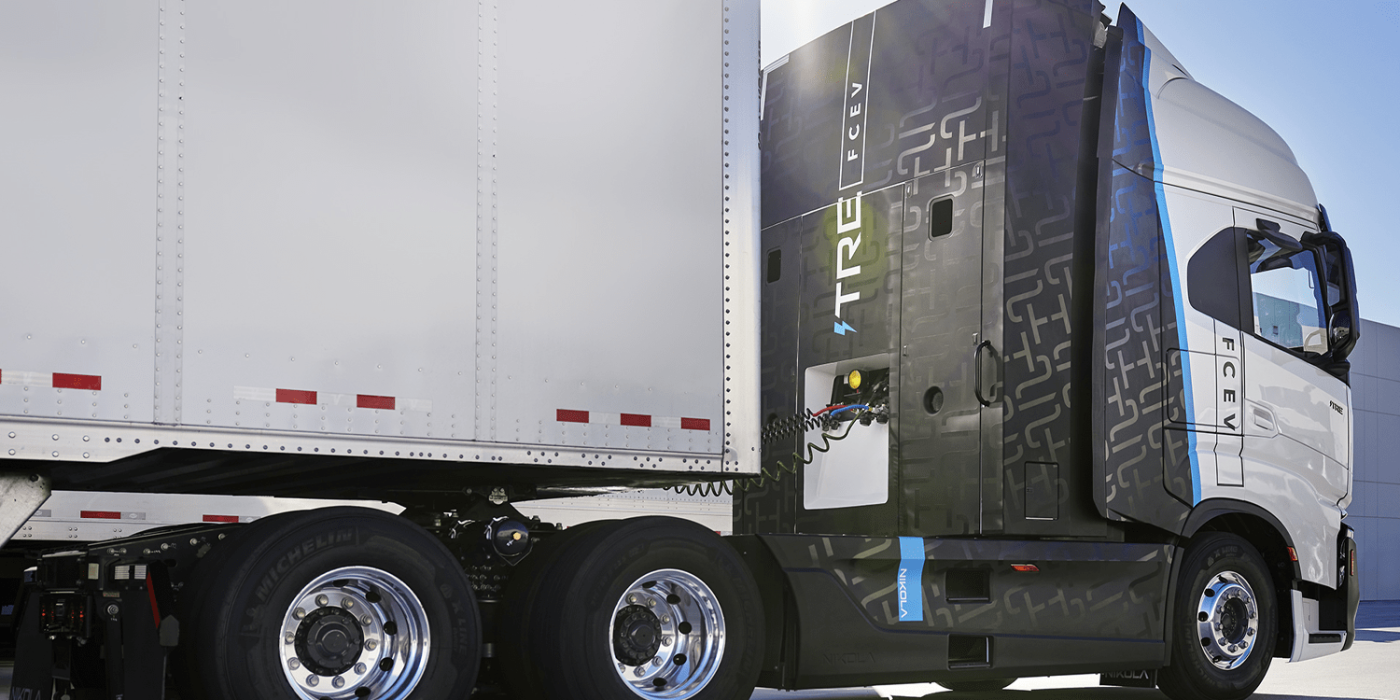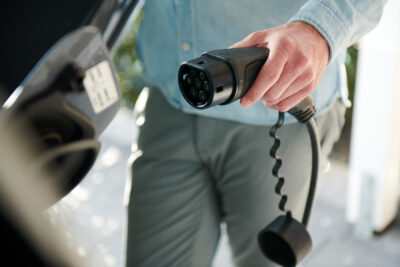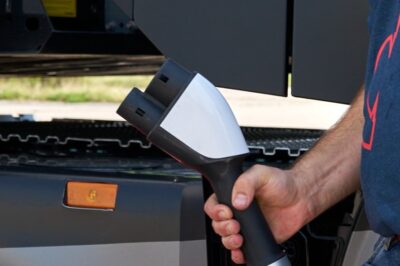Nikola Motor & E.ON team up on H2 refuelling in Europe
E.ON and Nikola want to jointly drive the decarbonisation of heavy-duty transport with hydrogen refuelling infrastructure. The collaboration plans to establish a hydrogen supply and related infrastructure that caters to the needs of fuel cell truck operators.
Nikola says the partnership should offer customers an integrated mobility solution to promote the use of hydrogen. To this end, both parties have signed a term sheet to underpin the cooperation and will now work on negotiating the concrete terms of the final agreement.
The proposed joint venture will focus on heavy-duty Class 8 trucks, i.e. vehicles with a gross weight of more than 33,000 pounds or 14.97 tonnes. The goal is to make hydrogen available at stationary and mobile refuelling stations “to ensure unrestricted green mobility”. In doing so, the partners want to promote the advantages hydrogen has over diesel on a total cost of ownership basis.
Both companies assume a coexistence of BEV and FCEV in the commercial vehicle sector, which they say is a realistic scenario for upcoming decarbonisation needs. In other words, the battery is a viable solution for trucks with shorter distances and longer charging times, while for long-distance trucks, E.ON and Nikola say the fuel cell vehicles should offer a longer range without significantly increasing the weight.
“At E.ON, our goal is to drive the energy transition in Germany and Europe. For this, we also need innovative customer solutions,” says Patrick Lammers, COO Customer Solutions at E.ON.
Michael Lohscheller, President of Nikola Corporation, says: “Nikola has a deep understanding of transport demands and will continue to develop cost-effective, fully sustainable solutions that involve our zero-emissions trucks and hydrogen infrastructure to our customers. This joint venture is a critical element in transitioning the transport sector and aligns with E.ON’s expertise in energy networks and customer solutions to lead the European transport sector.”
Nikola and E.ON plan to unveil their first joint projects later this year. At the IAA Transportation, Nikola just presented the Tre BEV and a beta version of the Tre FCEV with their European partner Iveco. While the company did not reveal concrete technical data, Nikola reiterated the range of up to 800 kilometres with the fuel cell version, while the BEV version is designed for 500 kilometres.





0 Comments